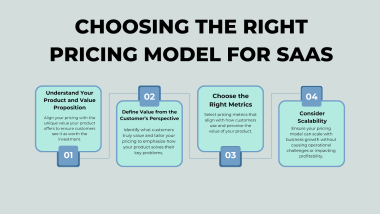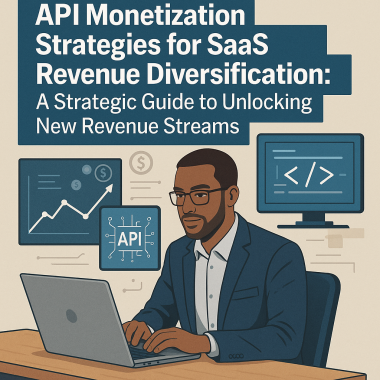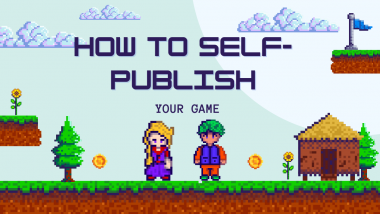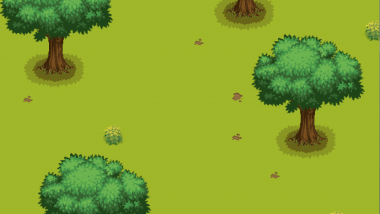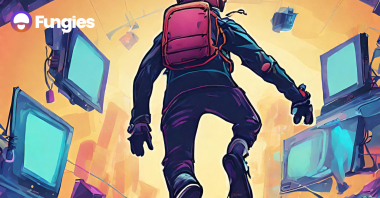The Power of SEO in the Indie Game Landscape
In today’s digital age, indie game developers face fierce competition in getting their titles noticed amidst a sea of games. One of the most effective ways to stand out is through search engine optimization (SEO). SEO, at its core, is about making your game more visible to potential players when they search online. Utilizing the right SEO strategies may be the key to your game’s success.
From Search to Sale: The Role of SEO in Game Discoverability
SEO isn’t just about visibility; it’s about discoverability. When done right, it ensures that your game web shop appears at the right moment, when potential players are actively searching for new games or related content. This leads to organic traffic, which are visitors who come to your site naturally through search engines. More organic traffic means more potential sales, making SEO an invaluable tool in the indie developer’s marketing arsenal.
Mastering SEO Foundations for Game Success
What Is SEO and Why Does It Matter?
Search Engine Optimization, or SEO, is a collection of strategies and practices aimed at improving a website’s visibility on search engines like Google. In the vast digital space, where countless indie game websites compete for attention, SEO serves as a beacon, guiding potential players to your game web shop.
Breaking Down the Magic of Search Engines

When a user types a query into a search engine, a series of behind-the-scenes processes take place to determine which websites are displayed in the search results. These processes are similar to the work of the backstage crew in a theater performance, ensuring that the right content is delivered to the right audience at the right time.
How Search Engines Work
Search engines, such as Google, use a three-step process to determine which websites to rank in their search results:
Crawling
Search engines send out “crawlers” or “spiders” to visit websites and collect information about their content and structure.
Indexing
The information collected by the crawlers is then stored in a database called an index.
Ranking
When a user enters a query, the search engine uses the index to identify websites that are relevant to the query and then ranks those websites based on a number of factors, including the quality and relevance of their content, the number of other websites that link to them, and the keywords they use.
What Search Engines Look For
Search engines are not just looking for any random content. They want to find websites that are high-quality, informative, and relevant to the user’s query. They also consider the structure of the website, the number of other websites that link to it, and the keywords that are used on the website.
Why Indie Developers Should Care
Indie game developers can benefit from understanding how search engines work. By creating websites that are optimized for search engines, indie developers can make it more likely that their games will be found by potential players. This can be done by using relevant keywords throughout the website, creating high-quality content, and building links to the website from other high-quality websites.
By understanding how search engines work, indie game developers can increase the visibility of their games and reach a wider audience. This can be a valuable way to market indie games and attract new players.
Unlocking Success: Keyword Research for Indie Game Developers
The Significance of Tailored Keyword Research
In the competitive world of indie gaming, it can be difficult to get your game noticed. One way to stand out from the crowd is to use keyword research to ensure that your content is optimized for search engines.
Keyword research is the process of identifying the terms that people are using to search for information online. By understanding the keywords that your target audience is using, you can tailor your content to be more likely to appear in search results.
Tools to Find Your Perfect Keywords
There are a number of tools available to help you with keyword research. Some popular options include:

This tool is provided by Google and allows you to estimate the search volume and competition for various keywords.
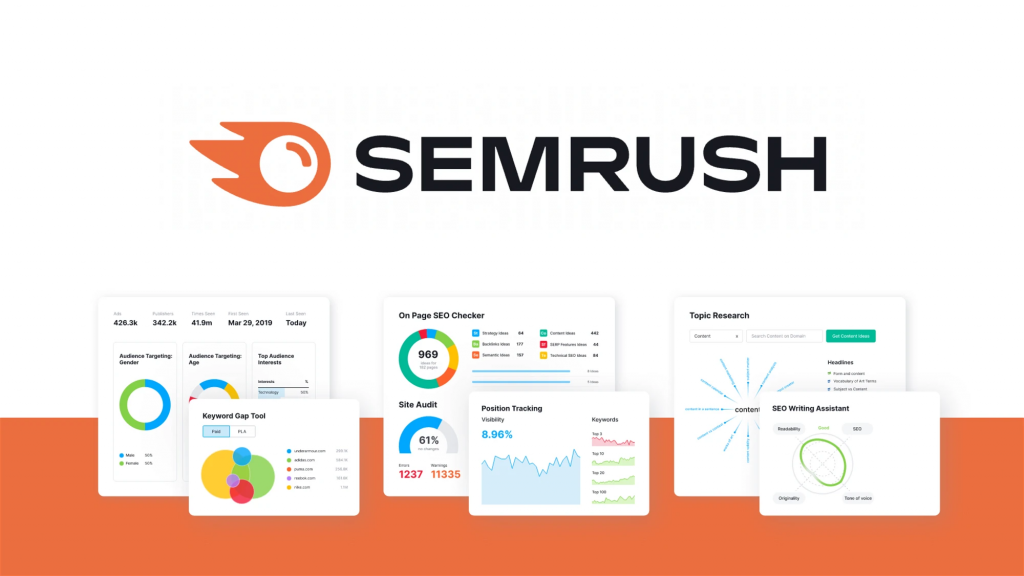
This tool offers a more comprehensive set of features, including keyword research, competitor analysis, and website traffic insights.
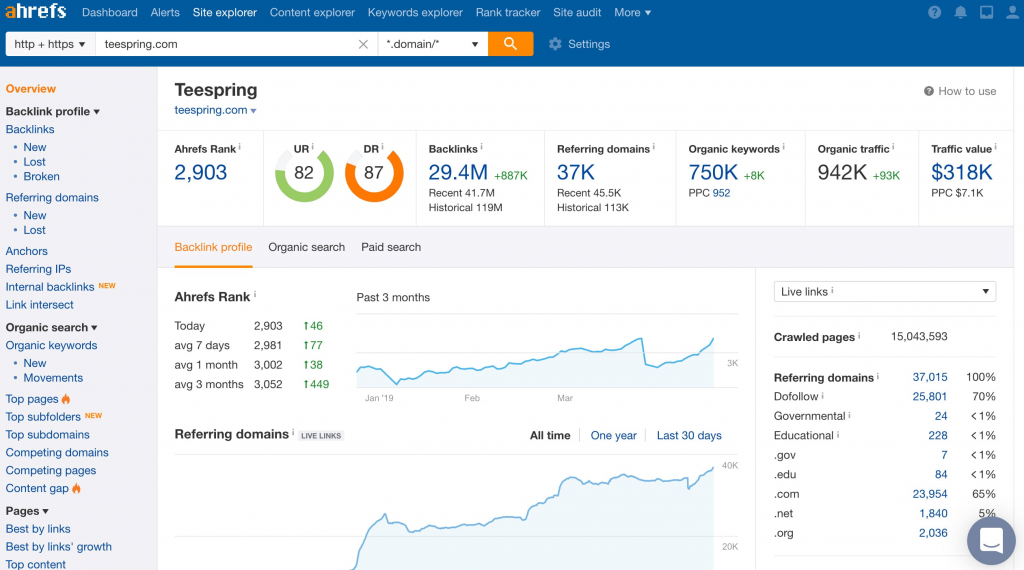
Another popular tool that offers a wide range of features for keyword research and SEO.
Seamlessly Weaving Keywords into Your Content
Once you have identified your target keywords, you need to incorporate them into your content in a natural way. Keyword stuffing, or the practice of using keywords too frequently, can actually hurt your SEO efforts. Instead, focus on using keywords in a way that makes sense for your content and that will be helpful to your readers.
Here are a few tips for weaving keywords into your content:
- Use keywords in your headlines and meta descriptions.
- Use keywords throughout your content, but don’t overdo it.
- Use synonyms and related keywords to avoid keyword stuffing.
- Use keywords in your images and videos.
Keyword research is an essential part of any indie game developer’s marketing strategy. By taking the time to identify the right keywords and use them effectively, you can improve your chances of getting your game noticed by potential players.
Additional tips for keyword research for indie game developers:
- Use a variety of tools to get a comprehensive overview of the keywords that are relevant to your game.
- Consider the intent of your target audience when choosing keywords. Are they looking for information about your game, or are they looking to purchase it?
- Keep your keywords up-to-date as the gaming landscape changes.
- Use keyword research to inform your other marketing efforts, such as social media and paid advertising.
Crafting the Perfect Digital Storefront: Website Structure and Design in Gaming
User-Centric Design: A Win for Players and Search Engines
A user-friendly website design isn’t just about aesthetics; it plays a pivotal role in the user experience. When potential players navigate your site with ease, they’re more likely to stay, explore, and ultimately make a purchase. Moreover, search engines prioritize websites that offer a seamless experience, rewarding them with better rankings.
Mobile Mastery: The Rise of the Mobile Game Web Shop
As mobile gaming continues its ascent in popularity, the importance of a mobile-optimized web shop cannot be overstated. Ensuring that your website looks and functions flawlessly on mobile devices is key. A mobile-friendly design ensures that gamers on-the-go can access and navigate your store with the same ease as on a desktop.
Selecting the Right Tools: Game-Centric Website Builders
Choosing the right platform to host your game is critical. Opt for a website builder tailored for games that comes equipped with SEO features. These platforms are designed with the unique needs of game developers in mind and often include built-in tools to aid in optimization, ensuring that your site is both functional and search engine-friendly.
Leveling Up Through Content: SEO Tips for Game Developers
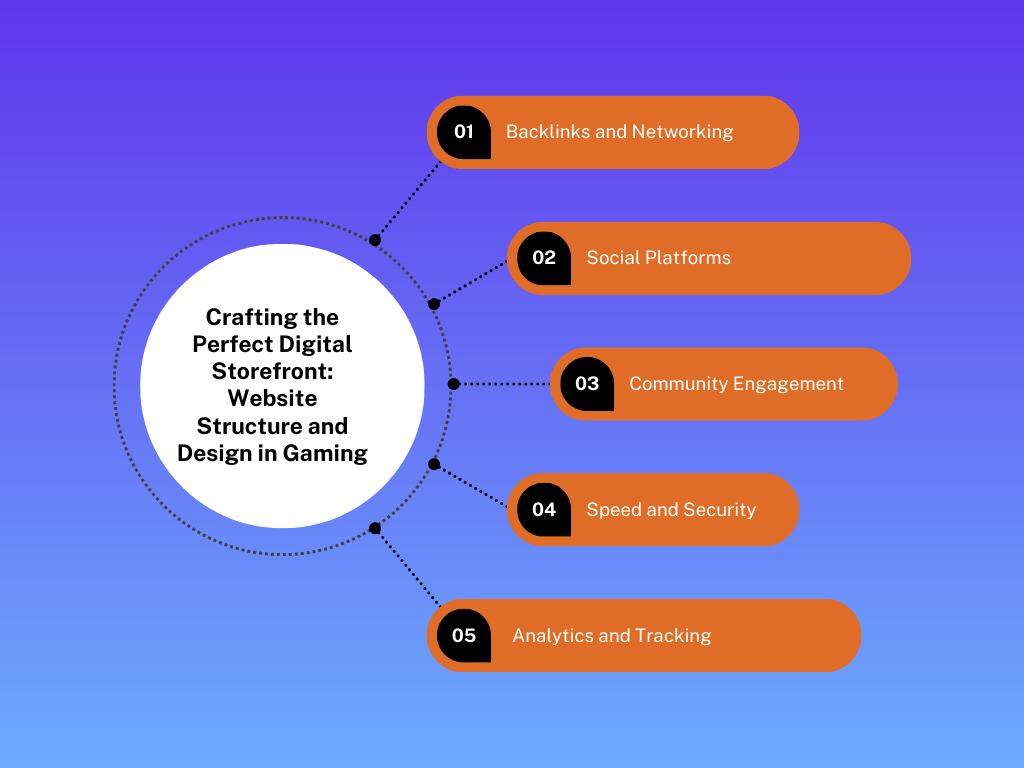
Quality Over Quantity: The SEO Power of Relevant Content
Producing high-quality content is paramount for any indie game developer aiming to enhance their SEO. Content that resonates with your audience not only keeps them engaged but also signals to search engines that your website is a valuable resource. This can significantly boost your rankings, making it easier for potential players to find your game.
Strategic Keyword Integration: Beyond Game Descriptions
While game descriptions are a natural place to incorporate keywords, there are other opportunities too. Think about embedding relevant keywords like “indie game website” or “sell steam games” within blog posts, updates, or even player testimonials. However, it’s essential to ensure that these insertions feel natural and not forced, enhancing the reader’s experience rather than disrupting it.
Stay Ahead with Fresh Updates: The Ever-Evolving Game Landscape
The gaming world is ever-evolving, and so should your content strategy. Regularly updating your website – be it with new game launches, patch notes, or industry insights – keeps your content fresh. This not only keeps players coming back for more but also indicates to search engines that your site is active and up-to-date, potentially giving you an edge in search rankings.
Boosting Visibility: Backlinks and Networking for Game Developers
The Backbone of SEO: Why Backlinks Matter
In the realm of SEO, backlinks play a pivotal role. Essentially, they are links from other websites pointing to yours. Search engines view these as votes of trust, signifying that your content is valuable and reputable. For indie game developers, obtaining quality backlinks can significantly improve search rankings, driving more organic traffic to their game web shop.
Crafting a Strategy: How Game Developers Can Secure Quality Backlinks
It’s not just about having numerous backlinks; it’s about their quality. Indie game developers can foster this by guest posting on respected gaming blogs, collaborating with popular YouTubers for game reviews, or even securing features on gaming news sites. Remember, a backlink from a trusted source in the gaming industry can be worth its weight in gold for your SEO.
Beyond Links: The Power of Networking in the Gaming Sphere
While backlinks are valuable, there’s more to the game of online visibility. Networking plays a vital role. Engaging with other indie developers, participating actively in game forums, and marking a presence on industry platforms can open doors to collaboration, partnerships, and naturally, those coveted backlinks. In the interconnected world of gaming, building relationships can lead to shared successes.
Harnessing Social Waves: Boosting Game Website Visibility Through Engagement
Social Platforms: Your Gateway to Enhanced Visibility
In today’s interconnected era, social media platforms have become a powerful tool for indie game developers. Platforms like Twitter, Instagram, and Reddit can significantly amplify your game’s reach. By regularly sharing updates, teasers, and engaging content related to your game, you can drive curious gamers directly to your indie game website, augmenting its visibility.
Community Engagement: The Heartbeat of Organic Traffic and Links
Beyond just sharing, true success lies in engagement. Dive deep into communities – be it on platforms like Discord, specialized gaming forums, or even Facebook groups. By actively participating in discussions, offering valuable insights, and collaborating with fellow developers, you not only foster goodwill but also create opportunities for organic traffic and potential backlinks. Such genuine interactions ensure that you’re not just another game in the crowd, but a memorable part of the community.
The Tech Behind the Scenes: Advanced SEO for Game Websites
Speed and Security: First Impressions Last
Nothing deters a potential player faster than a website that takes ages to load. Fast loading speeds are not just a convenience; they’re a necessity in the fast-paced world of gaming. Moreover, ensuring that your game website is secure provides confidence to your users, especially when transactions are involved. A secure, SSL-enabled site is also favored by search engines, giving you a double advantage.
Web3 Compatibility: Embracing the Next Digital Frontier
With the rapid evolution of technology, Web3 is heralded as the next phase of online interactions. For game developers, ensuring Web3 compatibility can open doors to a plethora of opportunities, from integrating with blockchain gaming to establishing decentralized gaming communities. Being Web3-ready ensures your game website isn’t left behind in the digital race.
Schema Markup: Speaking the Language of Search Engines
While great content speaks to your audience, schema markup speaks to search engines. By implementing this structured data, you give search engines clear signals about the content of your site, allowing them to present it more accurately in search results. For game websites, this can translate to showcasing reviews, ratings, or even release dates directly in the search snippets, enticing more users to click through.
Evaluating Your Game Website’s SEO Performance
Analytics and Tracking: Beyond Just Numbers
In the realm of SEO, it’s crucial to keep a pulse on how well your strategies are working. Tools like Google Analytics, SEMrush, and Ahrefs provide invaluable insights into website traffic, keyword rankings, and other critical metrics. Monitoring these statistics not only indicates your website’s performance but also reveals areas of opportunity or necessary adjustments.
Iterative SEO: The Continuous Pursuit of Excellence
SEO isn’t a set-it-and-forget-it strategy. The digital landscape, especially in the gaming niche, is ever-evolving. Regularly reviewing the data collected from your analytics tools will guide you in refining your approaches. Whether it’s tweaking keyword focus, adjusting backlink strategies, or enhancing content, basing changes on real-world data ensures your game website remains optimized and competitive.
Wrapping Up: SEO’s Critical Role for Indie Developers
The digital gaming landscape is saturated, but SEO remains a beacon for indie game developers aiming to shine amidst the vast competition. It’s not just about visibility; it’s about ensuring your game reaches passionate players who are actively seeking unique gaming experiences.
For those who have poured their heart and soul into creating an exceptional game, it’s equally vital to invest time in optimizing game web shops. Remember, an excellent game deserves to be discovered. By prioritizing SEO, you’re laying down a path that leads potential players directly to your masterpiece.
